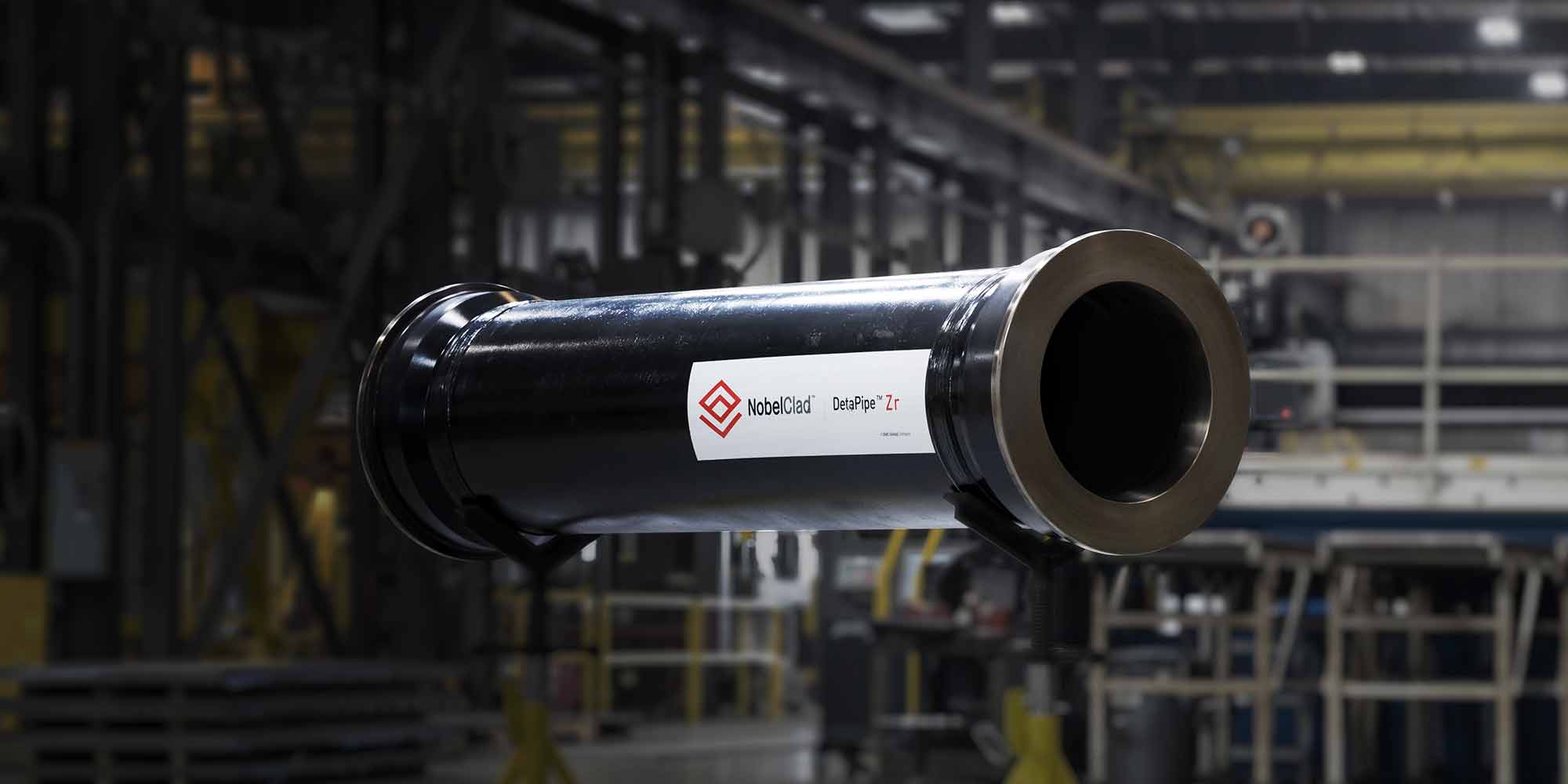The Diesel Fuel Quality Council (DFQC), a non-advocacy group of diverse stakeholders in the heavy-duty transportation energy industry, has published a new resource containing a series of suggested practices to assist tank owners with managing their diesel storage tank systems and protecting fuel quality. “Diesel Storage Tanks: Industry Practices to Minimize Degradation and Improve Fuel Quality,” is an easy to read, step-by-step manual that walks storage tank operators through practical solutions to address fuel quality and avoid costly problems with their systems.
“The Fuels Institute launched the Diesel Fuel Quality Council because stakeholders came to us asking for help to improve the overall quality of diesel fuel being dispensed in the country,” said John Eichberger, executive director of the Fuels Institute. “In working with members of the Council, we identified the storage tanks at fuel dispensing facilities to be one of the critical control points that could be improved by providing insight into the best industry practices to reduce equipment degradation and improve the quality of fuel delivered into vehicles. This report has gone through exhaustive review to ensure that is represents valuable guidance that will have a significant positive influence on tank owners and vehicle operators.”
For years diesel fuel tank operators have been reporting increasing rates of equipment corrosion and degradation, resulting in costly remediation or equipment replacement. Meanwhile, fuel quality has become more of a concern to engine manufacturers and truck operators as they have experienced increasing rates of fuel-related issues with new high-pressure injection and aftertreatment systems developed to meet tightening fuel efficiency and emission standards.
By adopting the best practices found in the DFQC’s guidance document, the tank owner can mitigate costly problems within their tank system and preserve fuel quality to protect the vehicles they are fueling. This set of best practices includes information on proper fuel delivery, equipment and tank maintenance and monitoring, dispenser filters, fuel testing and fuel remediation.
This guidance document was extensively reviewed and approved by the Diesel Fuel Quality Council, which is comprised of engine manufacturers, refiners, biofuels producers, fleets, distributors, equipment producers, tank servicing experts and retailers alike. This process ensures this report presents the industry’s best practices a tank owner can utilize to minimize costly damage to fuel equipment and vehicles. It reviews the potential points where fuel quality issues can occur, how to spot fuel quality issues, and gives options of how to quickly manage impacted fuels.
“Diesel Storage Tanks: Industry Practices to Minimize Degradation and Improve Fuel Quality” was curated from reviewing leading recommended practices for underground storage tanks and aboveground storage tanks, as well as interviews with leading industry experts who have found success maintaining diesel fuel quality with innovative practices. By following the suggestions in the report, the tank operator may significantly reduce costs associated with tank system repair, premature equipment replacement, and potential customer loss due to poor fuel quality.
For a free copy of Diesel Storage Tanks: Industry Practices to Minimize Degradation and Improve Fuel Quality, visit www.fuelsinstitute.org/research.
The Fuels Institute, founded by NACS in 2013, is a non-profit research-oriented think tank that evaluates market issues related to vehicles and the fuels that power them, incorporating the perspective of diverse stakeholders to develop and publish peer-reviewed, comprehensive, fact-based research projects. The Fuels Institute is a non-biased organization that does not advocate.
The Diesel Fuel Quality Council was convened to address industry complaints that diesel engines were experiencing problems presumably due to fuel quality. Made up of a diverse representation of the heavy-duty industry, the Diesel Fuel Quality initiates research to better understand the interplay between the needs of modern diesel engines and diesel fuel quality, both in terms of specifications and cleanliness. It is the goal of the Council to disseminate objective data and analyses to help the industry function better as new fuels and engine technologies are introduced to reduce emissions and increase efficiency.





